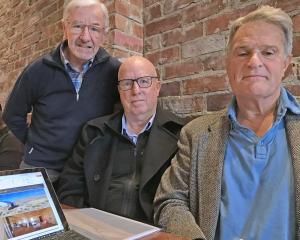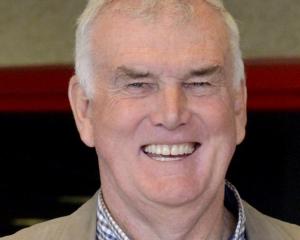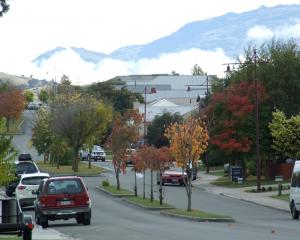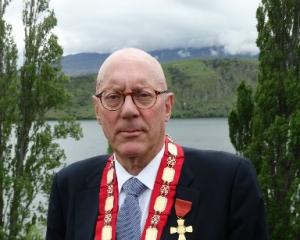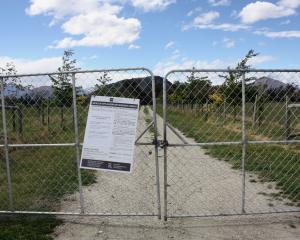Participate, don't complain. And trust your planners.
That is the message from planner Peter Constantine as the Queenstown Lakes District Council embarks on the lengthy process of reviewing its restrictive rural development rules.
The former Dunedin man is now the principal planner for the Marlborough District Council, but in the 1990s he was among the consultants who helped draft the Queenstown Lakes district plan before it was notified for public submission.
He got involved again several years later, once it became subject to a whole series of Environment Court appeals when clients began seeking his expert opinion.
Many of those appeals dealt with the rural zone rules and the court devised several tiers of landscape classifications to try to guide future resource consent applicants.
Mr Constantine worked on cases around Mt Barker, Speargrass Flat, Coronet Peak, Lake Hawea and Roys Peninsula.
One of his concerns was the effect of cumulative development and he has not been afraid to hold up the red card when he thought thresholds had been reached.
"All the way through, I've been concerned about the carving up of land and I am concerned about that up here [Marlborough] as well," he said this week.
Mr Constantine believes the public does not always know what it wants because it is human nature to deal with the "here and now".
"Sometimes you just have to trust the planners, people who are trained to see the big picture," he said.
But he says people should look at the council's images of what rural areas might look like if all the consented activities were built.
They could ask themselves if they wanted development throughout the rural landscape or centred around settlements?
Personally, he favours the latter.
They could also ask if they were happy with the last 10 years of development.
"Has it reached the stage where enough is enough and we have to call a halt?"He predicts people will be interested in contrasting the extent of development in the Upper Clutha against the Wakatipu Basin.
"Arrowtown and Queenstown are basically completely shagged now, all the way to Whitechapel.
"Is that what we really want?"
He suggests one way to address concerns about the "outstanding natural landscape" classification could be to keep ONL, but write into the plan where it is being farmed and where it is council or Department of Conservation reserve.
"I have no problems with ONL being farmed, but farmers have to recognise it is ONL from the perspective of a townie looking at it.
"Some of the beauty is that it is being farmed, it is being used," Mr Constantine said.
People might also want to look beyond this district for cues about what the future might hold.
In Marlborough, trees are being stripped out and replaced with vines.
The vines are being affected by frosts, so windmills are being built to fight the frosts.
The Marlborough plan allows people to build houses among the rural vineyards.
The occupants then complain about the noisy windmills and go head-to-head with viticulturalists over land-use applications.
Mr Constantine suggests similar things might happen in Queenstown Lakes.
A simple expression of what people wanted was needed before any rules were redrafted, he said.
The Resource Management Act's enabling land-use philosophy need not be an obstacle.
District plans are able to impose constraints "so write some constraints that hold up ... It is a case of getting smart".
He does not think the district plan has been particularly terrible.
"For its time, there was nothing wrong with the Queenstown Lakes district plan.
"It did its job. But I think, with the practice and understanding of Resource Management Act increasing, the consequence of doing things has become more sharply focused. So it probably needs updating."
It could be contentious.
"It's a very complicated thing.
"I fear for districts like Queenstown Lakes. They will get torn in all directions by various factions," he said.
But the most important thing was for the public to engage in the feedback process and start drawing lines on maps.
"People were not sure how much power they had the first time round. They have the ability to exercise more power than they think. If you don't participate, don't complain."

